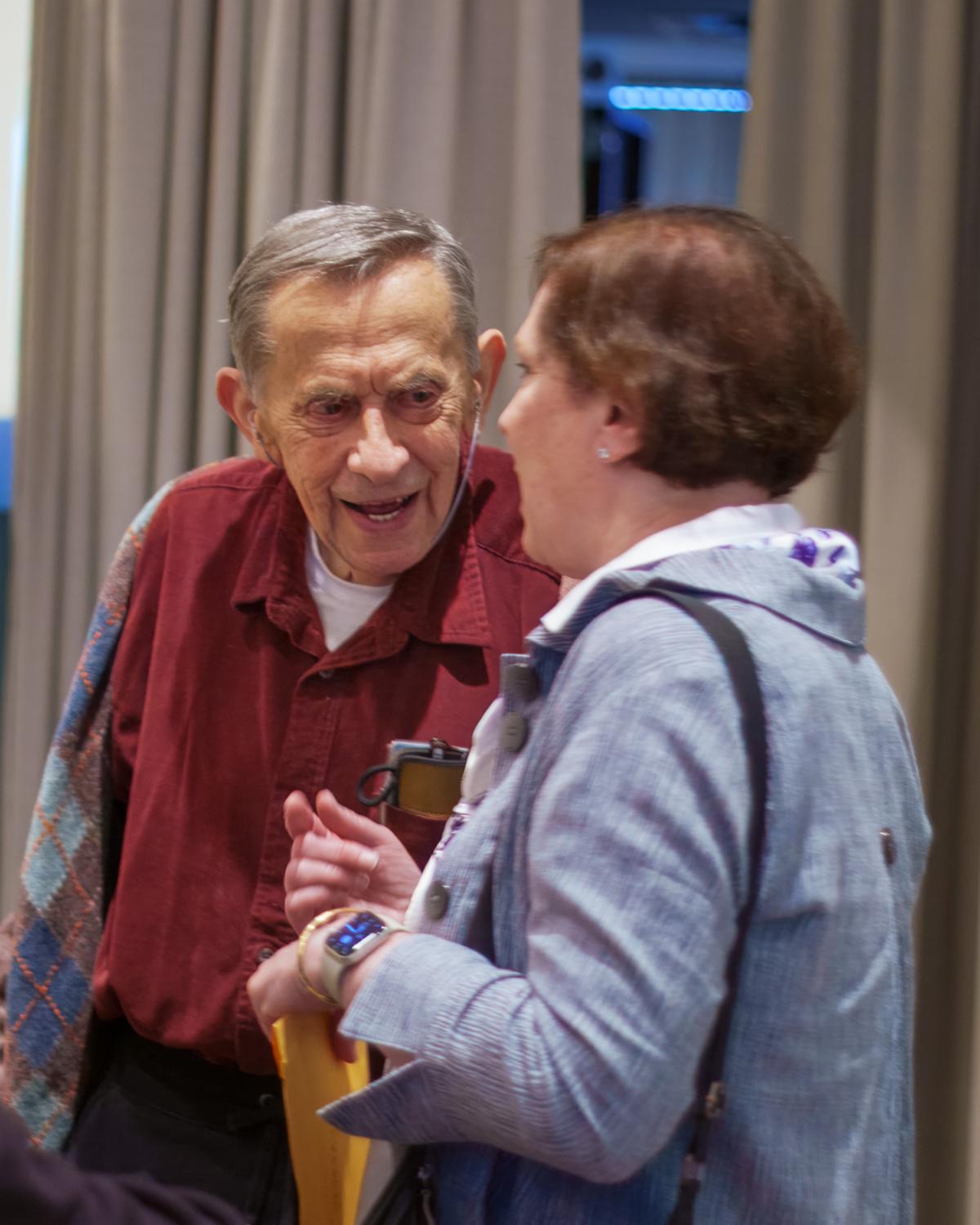|
The Book of Micah is set in the late-8th century BCE, a time of political turmoil, social injustice, and spiritual corruption in both the northern Kingdom of Israel and the southern Kingdom of Judah. Chapter 6 begins like a courtroom drama in which God, through the prophet, issues a challenge:
Bring your case against me, as I will plead my case before you. Testify! What have I done to make you so weary of me? Have you forgotten that I freed you from slavery in Egypt? And yet now, your wealthy are themselves full of violence and deceit (6:12). Instead of walking humbly in my shalom way (6:8), your bloated leaders speak their oppressive desires into existence, and the corrupt clerks with their fingers on the scales rush to ensure their unjust wishes are fulfilled (7:3).
Jahweh’s courtroom challenge evokes what theologian Johann Baptist Metz called “dangerous memory,” the memory of liberation from slavery. This is not the nostalgic memory of the victors who sanitize history, but the subversive memory of the victims, a memory that refuses to disappear into the holes of oblivion the oppressors create for it. Walter Benjamin described this memory as one that “flashes up at a moment of danger,” providing a reminder of who we are truly responsible to in a state of emergency.
And who are we responsible to? Not the billionaires who buy politicians and toy with the conditions of life on our planet. Not the flag, the markets, or the Constitution. Not our tribe, our religion, or our nation.
God points us instead toward the widow, the orphan, and the stranger.
God points us to the millions of people discarded in what Canadian musician, activist, and former Member of Parliament Charlie Angus calls “Operation Break the Working Class,” as decades of neoliberal economic policies hollowed out livelihoods and dignity. God points us to the refugees displaced by wars waged for oil, land, and profit. To Palestinians broken and killed in a state-sponsored genocide. To Indigenous children, now grown, who were torn from their family, language, and culture, forced into abusive residential schools run by clergy who were supposed to recognize the face of Christ in every person.
Remembering all “the least of these” is dangerous because it tears the mask off empire. It exposes the idolatry of our age: billionaires like Elon Musk and Peter Thiel promising salvation through technology while profiting from exploitation; governments paying lip service to freedom and democracy while serving corporate power; religious leaders blessing the machinery of domination and war instead of standing with the crucified of history.
But this memory is also dangerous for another reason: it calls to mind the resilience and resistance of the oppressed, a capacity we all possess. It reminds us that such resistance is never futile, because history has known moments when genuine faith, hope, and love kicked open the door to liberation. This memory is dangerous to the power of the oppressor.
Angus offers a testament to this faith, hope, and love in his recent book, Dangerous Memory: Coming of Age in the Decade of Greed. Drawing inspiration from Dorothy Day, Dom Hélder Câmara, Desmond Tutu, Óscar Romero, and Martin Luther King Jr., Angus speaks about the power of dangerous memory to inspire action for redemptive social change.
Yet the book is also a lament. Angus, a Roman Catholic, does not look away from the church’s complicity in abuse and oppression, nor from the dearth of religious leaders today who dare to confront systemic injustice. Commenting on this sad situation, he writes:
This, to me, is the greatest scandal and tragedy. Faith should be the source of dangerous memories providing comfort, healing, and resistance. It can offer hope when hope seems impossible to imagine. It reminds us of a sense of a greater duty to those who would otherwise feel defeated and demoralized. It tells us that the world can still produce miracles. (p. 215)
Micah lamented this scandal as well: “The faithful have disappeared from the land, and there is no one left who is upright” (7:2).
Or is there? Oppressive political regimes often justify their criminal actions by claiming that the existing society is completely rotten and irredeemable and must be overthrown or remade. Moments ago, I witnessed a video of a nighttime ICE raid in Chicago where agents rapelled from helicopters, and citizens were detained without warrant, and their children were bound with zip ties. Those in power can only do this if we allow them to claim the mendacious ideological cover they invoke to justify such terror.
Micah responds to the absence of faith he witnessed differently. Rather than using it as ideological fuel to add to a political fire, he recalls the God of liberation, the God who does not abandon people, as we all too often do:
“God does not retain his anger forever, because he delights in showing mercy. He will again have compassion upon us….” (7:18–19)
Let us then, friends, image this God and become agents of divine compassion ourselves, doing the justice and loving the kindness that delights the God whose shalom way is the only path to true liberation. I know things seem overwhelming and out of control right now. Yet if we but look around each of us will find right in front of us something to do that we can do. Something small, maybe, but also something whose expanding ripples we cannot predict.
Do that thing and find others who are willing to join you. Get organized. Never forget that you are always free to be faithful.
Shalom,
Ron Kuipers
| 





